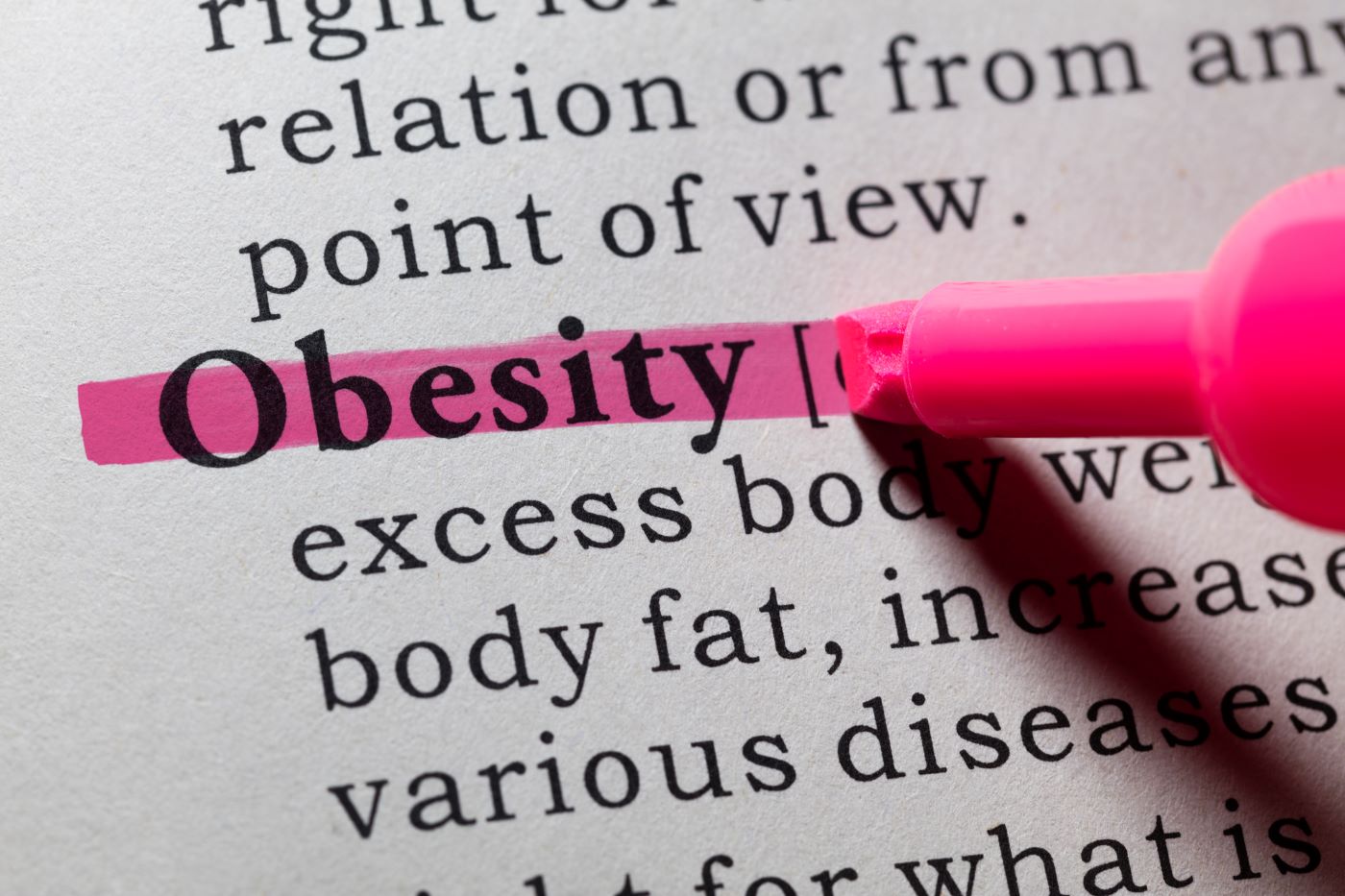A new report finds that 37.4% of adult Arkansans are obese, with Arkansas and Iowa tied for the 12th-highest adult obesity rate among the states and the District of Columbia.
The “State of Obesity 2022: Better Policies for a Healthier America” report, released today (Sept. 21) by Trust for America’s Health, uses 2022 data collected by the Centers for Disease Control and Prevention’s (CDC) Behavioral Risk Factor Surveillance System to identify key obesity trends at the state and national levels.
According to this year’s installment of the annual report, Arkansas is one of 22 states with obesity rates at or above 35%, an increase of three states from the previous year. In last year’s report, Arkansas’s obesity rate was the sixth-highest in the country at 38.7%. While this year’s report suggests a slight improvement compared to the prior year, the difference of 1.3 percentage points is within the report’s margin of error for Arkansas data of plus or minus 1.8 percentage points.
National Adult Obesity Rate Up 37% Since 2004, Youth Obesity Up 42%
This year’s report includes a 20-year retrospective on the state of obesity in the U.S. Since the release of the initial report in 2004, the national adult obesity rate has increased by 37% and the national youth obesity rate has increased by 42%. The retrospective section also highlights the evolving outlook on obesity, including the recognition of obesity as a chronic disease, the underlying role of the social determinants of health and their relationship to obesity, and the stigma associated with obesity in society.
The report includes several recommendations for policies that could be adopted at the federal, state, and local levels to combat obesity-related challenges, highlighted in a news release issued along with the report. These include:
- Advancing health equity by strategically dedicating federal resources to efforts that reduce obesity-related disparities, including increasing funding for the CDC’s chronic disease and obesity prevention programs.
- Decreasing nutrition insecurity while improving the nutritional quality of food by guaranteeing healthy school meals for all students, increasing access to the Supplemental Nutrition Assistance Program, and implementing a mandatory front-of-package nutrition labeling system on food packaging.
- Changing the marketing and pricing strategies that lead to health disparities, including closing tax loopholes and eliminating business-cost deductions for advertising unhealthy food to children.
- Making physical activity and the built environment safer and more accessible for all by increasing federal education funding to support health and physical education in schools and investing in active transportation projects like pedestrian and bike paths.
- Working within the healthcare system to reduce disparities and close gaps in clinical-to-social service referrals by increasing access to health insurance through Medicaid, making marketplace insurance more affordable, and expanding screenings for social needs.
Arkansas Steps to Address Childhood Obesity
Arkansas Act 1220 of 2003 spearheaded initiatives to address obesity among school-age children and adolescents in the state. Under this legislation, schools must collect child height and weight measurements and include a body mass index (BMI) percentile by age for each student. ACHI collects and analyzes this data, publishing an Arkansas BMI state report annually. Analyses of BMI data for the 2021-22 school year indicate that approximately 26% of Arkansas children who attend public schools are classified as obese and 17% are classified as overweight, while 55% of children are classified as having a healthy weight and 2% are classified as underweight.
Arkansas has advanced other policies to address food insecurity, which has been strongly linked to obesity. Act 675 of 2023 allows the Arkansas Department of Human Services to request a special waiver to permit households with assets over the currently established $2,250 limit to continue to participate in SNAP. Under such exemptions, families would be subject to a new asset limit of $5,500 to qualify for SNAP benefits, but only for one year. Act 656 of 2023 allows students who qualify for reduced meals at school to receive those meals at no cost, with an estimated 46,000 students qualifying for free meals in the 2022-23 school year.
In 2015, the governor-endorsed Healthy Active Arkansas Initiative was launched with the single, overarching goal of increasing the percentage of adults, adolescents, and children who are at a healthy weight. The initiative initially included a 10-year plan consisting of nine priority areas that provided a framework for action to address obesity in the state. However, the COVID-19 pandemic stalled the initiative’s efforts.







